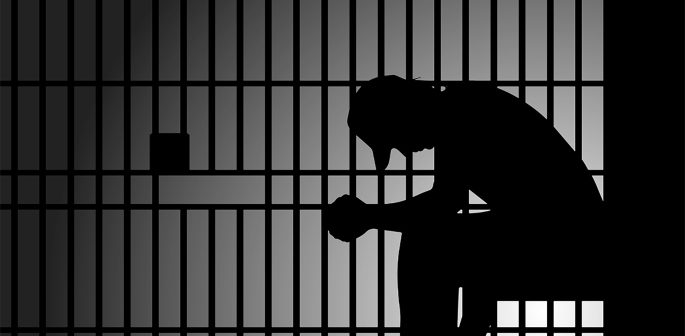He fears for his life in Sri Lanka due to his sexual offending.
A Sri Lankan man has lost his deportation appeal in New Zealand after he was convicted of sexually assaulting a massage therapy student.
He stands to be deported despite arguing he could face violence back in Sri Lanka because of his crimes.
The 37-year-old, identified by authorities only as GH, came to New Zealand in 2016 on a work visa.
After the 2018 incident with the student, he was found guilty of unlawful sexual connection and four counts of indecent assault.
He was sentenced in November 2019 to two years and four months’ imprisonment.
Immigration New Zealand issued the man with a deportation liability notice in June 2020, which he appealed to the Immigration and Protection Tribunal.
According to a decision issued on November 26, 2020, GH claimed there had been a miscarriage of justice in his jury trial.
The Court of Appeal had dismissed his appeals against conviction and sentence.
However, he has since applied for leave to appeal to the Supreme Court. That application is yet to be heard.
The Sri Lankan man also claimed there would be threats to his life if he returns to Sri Lanka.
He fears for his life in Sri Lanka due to his sexual offending.
There had been threats made against him because his offences were “despicable to Sri Lankan people”.
Reportedly, the man’s wife had also been told she must divorce him because of his actions.
However, he has provided no information to support his claim that returning to Sri Lanka would put his life in danger.
He has lodged a claim to be recognised as a refugee in New Zealand.
GH will then have an opportunity to have his claims tested by an official.
The Immigration and Protection Tribunal has claimed:
“There will be a thorough and careful examination of the appellant’s claims and any supporting documents submitted with the claim.”
The man’s appeal was declined.
However, the Immigration and Protection Tribunal noted no moves will be made to deport him until the outcome of his refugee claim is known.
GH had referred to the coordinated bombings made to target Tamil Christians in Sri Lanka in 2019.
The Sri Lankan government attributed the attacks to two local groups, Jammiyathul Millathu Ibrahim (JMI) and National Thowheed Jamath (NTJ).
Muslims amount to less than 10% of Sri Lanka’s population.
JMI and NTJ followers are unlikely to account for even two per cent of those.






























































